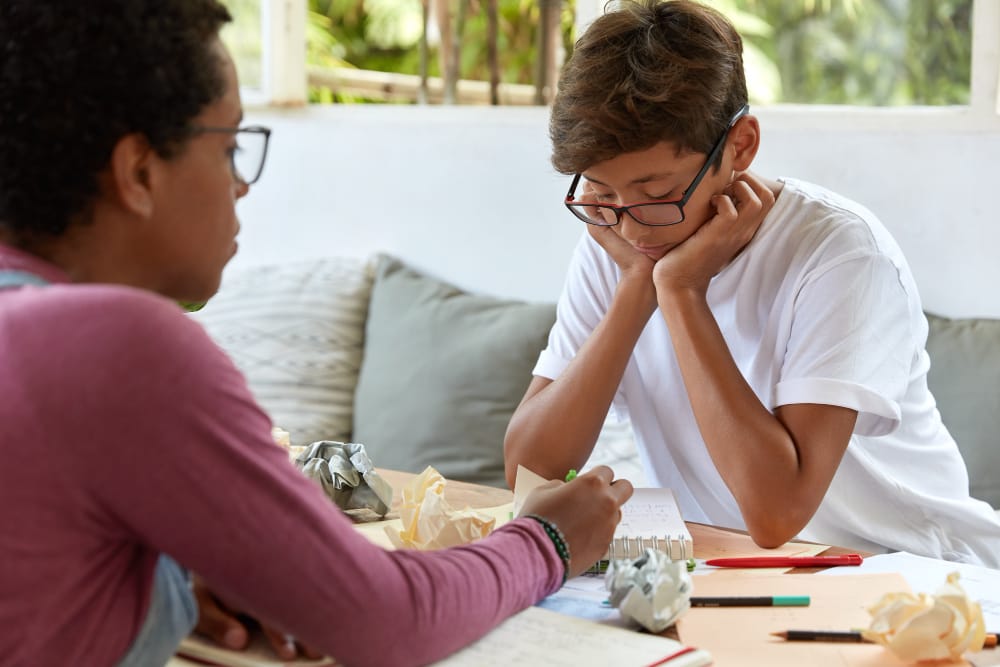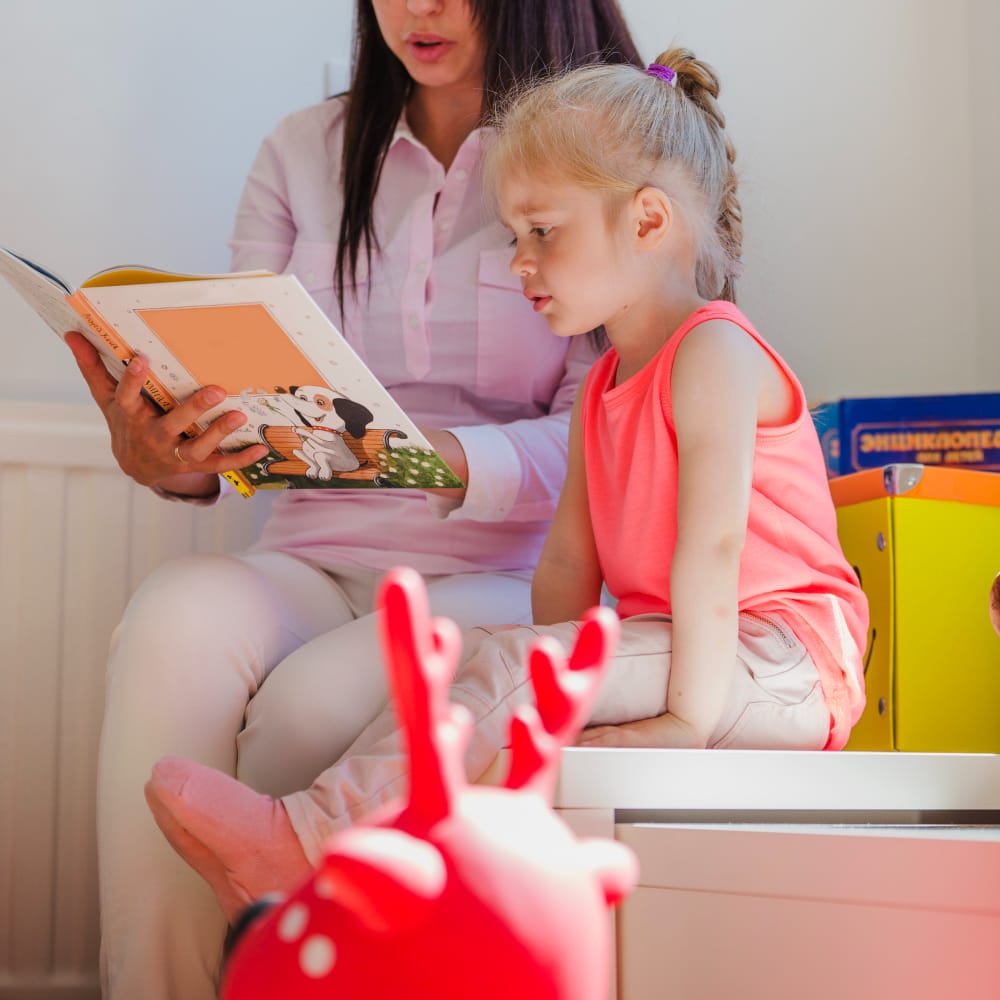Many factors influence how children learn and develop, both in the classroom and at home. One of the major challenges is poverty. Unfortunately, in South Africa, poverty affects millions of households. But how exactly does it impact children’s ability to learn? Let’s delve into the topic of poverty as a barrier to learning:
Children from poorer backgrounds face many obstacles to accessing an education. These include not having an educational organisation to attend and not having access to educational material or teachers.
But even when these resources are in place, children living in poverty usually do not have their basic needs met. These include:
- Physical needs for normal human function, such as food, water, clothing, and sleep.
- Safety needs, such as protection from danger, health and wellbeing and financial security.
- Feeling loved by having a stable family set up and a group of friends.
- Feeling respected.
When these basic needs are not met, children may struggle to learn.
Let’s break down the different ways in which poverty can be a barrier to learning:
Poor nutrition
Poor nutrition and being malnourished can affect a child’s cognitive abilities as well as their level of concentration. This can set them back when it comes to learning new concepts and developing new skills.
A lack of security
Children who feel unsafe may not want to go to school or be around other people. This complicates the learning process.
Not feeling loved or respected
Children who come from a poor family or community set up and experience little to no support typically struggles with confidence. This reduces their desire to learn.
What can parents do?
Children who live in poverty require a strong support system to increase their confidence and concentration level to learn. Things like adequate supervision, implementing predictable daily routines, strong parenting styles and parent involvement all contribute to reducing the effects of poverty.
Poor children require parents who are positive role models. Parents should talk to their children often and engage them in play. This may not solve the issue of poverty, but it can reverse the damaging impact.
How can you get involved?
Getting involved in a community organisation that focuses on the issue of poverty as a barrier to learning is a great start. This allows you to learn more about the subject and how you can help. Also, by sharing information (such as this post) can be a step towards getting the word out that children can overcome poverty.
Improving access to education can promote the general well being of a child and can enhance the overall health and longevity of a community.
Follow us on Facebook and Instagram for more free tips and advice!




